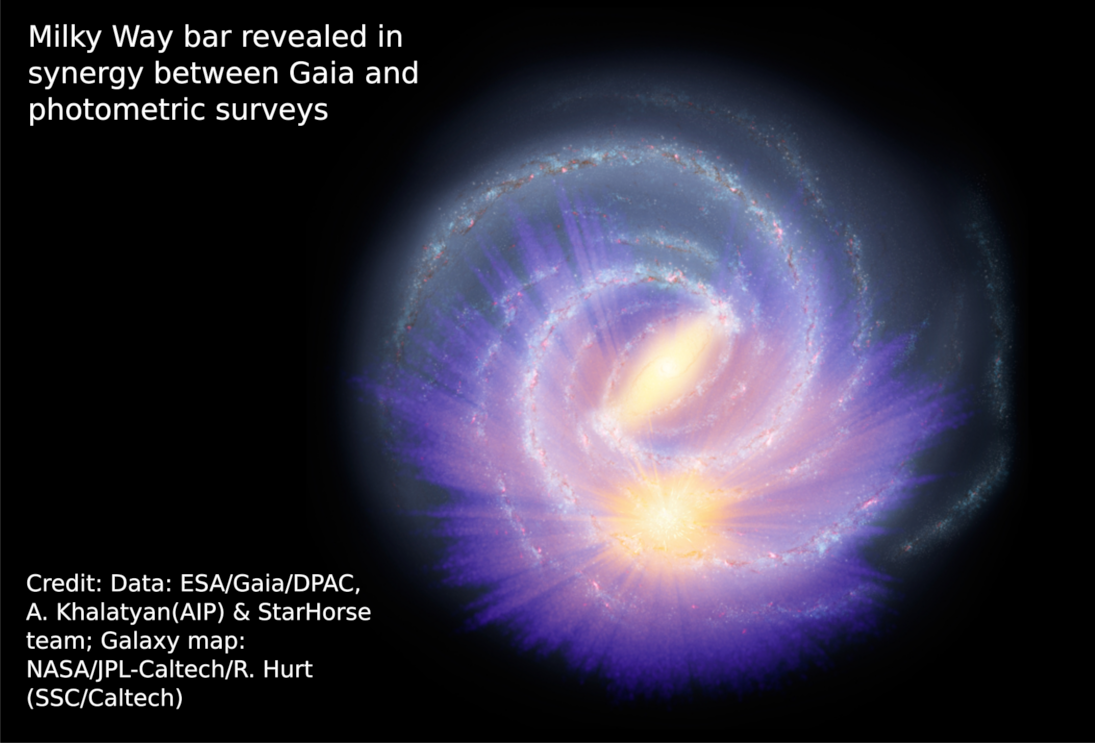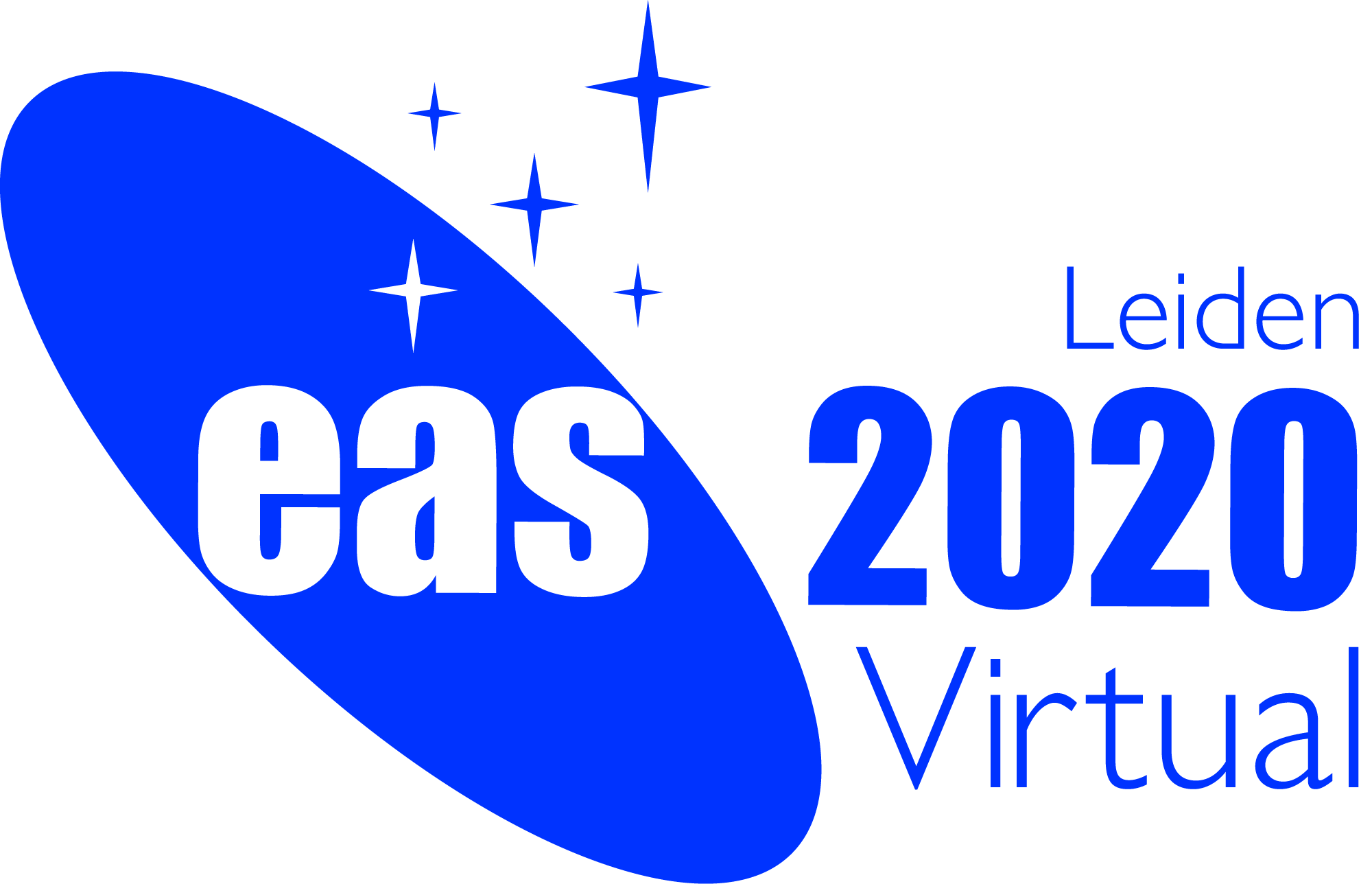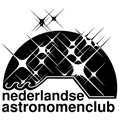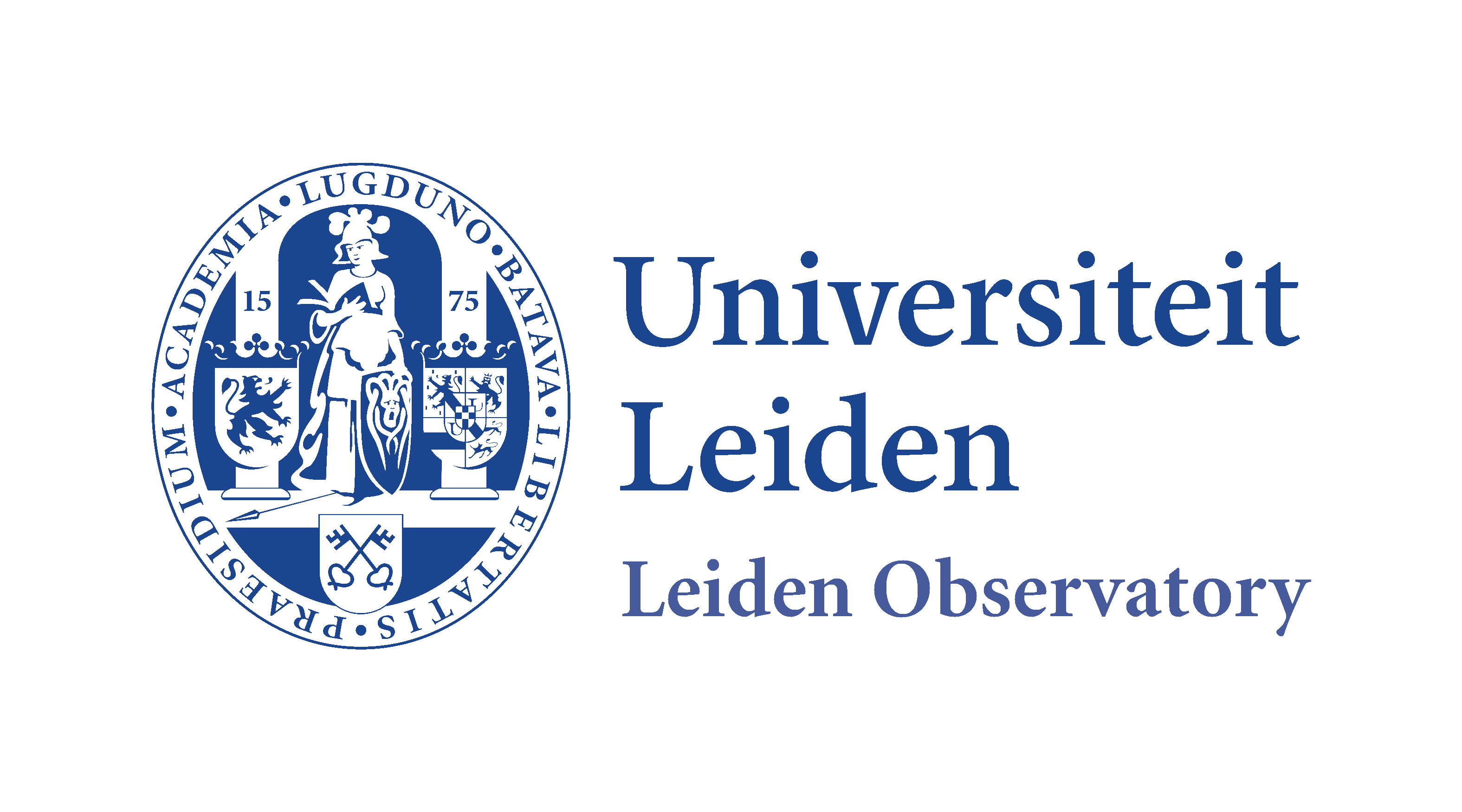Symposium S10
29 - 30 June 2020
Gaia: The (two) billion star galaxy census: The promise of (E)DR3 and ground-based synergies
Aims and scope
 The first ESA Gaia Billion Star Census of the Milky Way, was released in April 2018 as the Gaia Data Release 2 (Gaia DR2). This release contained full five parameter astrometry for ~1.3 billion sources, along with a wealth of associated data (such as magnitudes, colours, mean radial velocities for brighter objects - see https://www.cosmos.esa.int/web/gaia/data-release-2 for details). This marked a major milestone in the Gaia mission, following on from the Gaia Data Release 1 (Gaia DR1) in September 2016. Gaia is revolutionizing our understanding of the formation history of the Milky Way, and is having a significant impact on many other areas of astronomy ranging from solar system science to quasars. The impact of Gaia is set to increase through the impact of existing and planned large spectroscopic surveys.
The first ESA Gaia Billion Star Census of the Milky Way, was released in April 2018 as the Gaia Data Release 2 (Gaia DR2). This release contained full five parameter astrometry for ~1.3 billion sources, along with a wealth of associated data (such as magnitudes, colours, mean radial velocities for brighter objects - see https://www.cosmos.esa.int/web/gaia/data-release-2 for details). This marked a major milestone in the Gaia mission, following on from the Gaia Data Release 1 (Gaia DR1) in September 2016. Gaia is revolutionizing our understanding of the formation history of the Milky Way, and is having a significant impact on many other areas of astronomy ranging from solar system science to quasars. The impact of Gaia is set to increase through the impact of existing and planned large spectroscopic surveys.
The key goals of this symposium will be for the Gaia/GREAT community (and especially early stage researchers) to present and discuss their science highlights resulting from the two current releases of Gaia data and in anticipation of the Gaia DR3. In addition a discussion of the synergies with spectroscopic surveys such as RAVE, LAMOST, GALAH, APOGEE, Gaia-ESO will be discussed both through presentations of science highlights and discussions of new opportunities (4MOST, WEAVE, MOONS, SDSS-V). Finally, this symposium will allow the Gaia project to update the science community with the latest scientific and technical performance of Gaia, looking ahead to the release of Gaia (E)DR3.
In addition a lunchtime session will be organized to discuss future space astrometry and photometric/spectroscopic survey options.
GREAT (an initiative of the ESA Gaia Project, Gaia Science Team and Data Processing and Analysis Consortium (DPAC) Executive) is a pan-European research network involving over 1000 researchers in 20+ countries with a common interest in maximising the science potential of Gaia (http://www.great-esf.eu). GREAT, in the form of the MW-Gaia COST Action (https://www.cost.eu/actions/CA18104) is currently financially supporting networking activities across Europe.
GREAT plenary meetings have run since 2009, allowing members of the GREAT and
wider community to participate in a dynamic fashion. They are structured
around Gaia updates, presentations from related organisations (e.g. ESO),
reports from new initiatives, and new science results from the network
activities.
This will be the 13th GREAT plenary (which since 2012 have been organised within the high impact EAS EWASS).
Programme
- Gaia DR2: Highlight Science
- Gaia/ GREAT/ MW-Gaia Status
- Gaia DR2: Highlight Science (The Milky Way as a Galaxy)
- Gaia DR2: Highlight Science (Stars and Planets)
- Ground based synergies with Gaia (Surveys and techniques)
- Ground based synergies with Gaia (Science highlights)
- Lunch session on future space astrometry and photometric/spectroscopic survey options
Invited speakers
The speakers and programme will be available at the meeting website - see http://great.ast.cam.ac.uk/Greatwiki/GreatMeet-PM13
Scientific organisers
The co-Chairs are Anthony Brown (Leiden Observatory, Leiden University, NL), Nicholas Walton (Institute of Astronomy, University of Cambridge, UK), and Timo Prusti (ESTEC, ESA). The organising committee consists of the members of the Gaia Science Team and the DPAC Executive: Carine Babusiaux (Grenoble, FR), Michael Biermann (Heidelberg, DE), Orlagh Creevey (Nice, FR), Dafydd Wyn Evans (Cambridge, UK), Laurent Eyer (Geneva, CH), Alex Hutton (ESAC, ESA, ES), Carme Jordi (Barcelona, ES), Lennart Lindegren (Lund, SE), Xavier Luri (Barcelona, ES), Sergei Klioner (Dresden, DE), Francois Mignard (Nice, FR), Chantal Panem (Toulouse, FR), Dimitri Pourbaix (Brussels, BE), Maria-Sofia Randich (Arcetri, IT), Paola Sartoretti (Paris, FR), Caroline Soubiran (Bordeaux, FR), Antonella Vallenari (Padua, IT); and Tomaž Zwitter (Ljubljana, SI), Sofia Feltzing (Lund, SE), Cristina Chiappini (Potsdam, DE)
Contact
Anthony Brown (brown @ strw.leidenuniv.nl)
Updated on Fri Nov 15 15:03:10 CET 2019
|

 A power cut will shut down all EAS services on Tuesday, 10 January 2017 starting at 7:30 CET.
A power cut will shut down all EAS services on Tuesday, 10 January 2017 starting at 7:30 CET.



